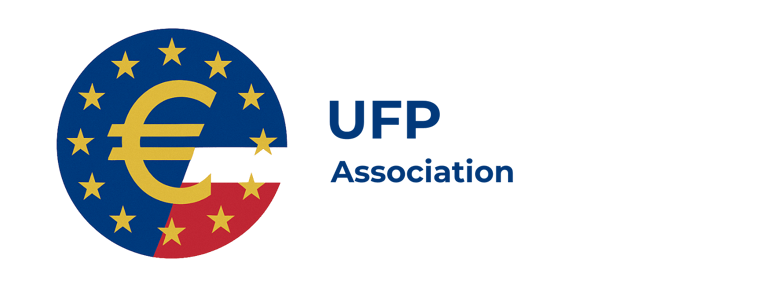
Emigration or migration?
1/31/2025
Emigration or Migration? How the “Green Bridge” Changes the Perspective
Report from the Presentation: “UFP GREEN BRIDGE PARTNERSHIP – PRACTICAL APPLICATION OF THE PROGRAM”
On [PRESENTATION DATE – e.g., May 14, 2025], a key presentation of the “Green Bridge Partnership Europe–Africa” (GBPEA) program took place. The aim of the meeting was to present an innovative approach to the issue of migration, focusing not only on preventing irregular migration flows but on supporting sustainable development and entrepreneurship in African countries.
The program’s ambassador, Diene Thiao, provided a detailed overview of its principles and objectives.
Global Context: Migration Statistics and Geopolitics
The presentation began with an analysis of global demographic data that challenged common stereotypes. Key indicators included:
Global population growth and distribution
Land area and population of continents and countries
Population density across regions
Fertility rates in various countries
These data clearly demonstrated that Africa is neither overpopulated nor a demographic threat to Europe. The continent is home to only 18% of the world’s population, while Asia accounts for nearly 60%. Moreover, Africa’s landmass could accommodate the USA, China, India, all of Western Europe, and the UK, yet its population is still smaller than that of India or China.
Spotlight on Senegal
Senegal was highlighted as a country facing migration challenges while also possessing significant potential:
Population: 18.1 million
GDP: 35 billion USD
Median age: 19 years (indicating a very young society)
Unemployment rate: 20.3%
Key resources: phosphates, gold, oil, gas, fish, minerals
Main trade partners: France, China, EU, USA, India, Morocco, Netherlands, Nigeria
Critical Assessment of the EU’s Migration Approach
The presentation also addressed the technocratic approach of the European Union to limiting migration inflows. It highlighted the use of:
Advanced technologies (drones, satellites, biometrics) for border control
Readmission agreements with African countries
Information campaigns about the risks of migration
Resettlement programs, legal migration pathways, and development/training funds
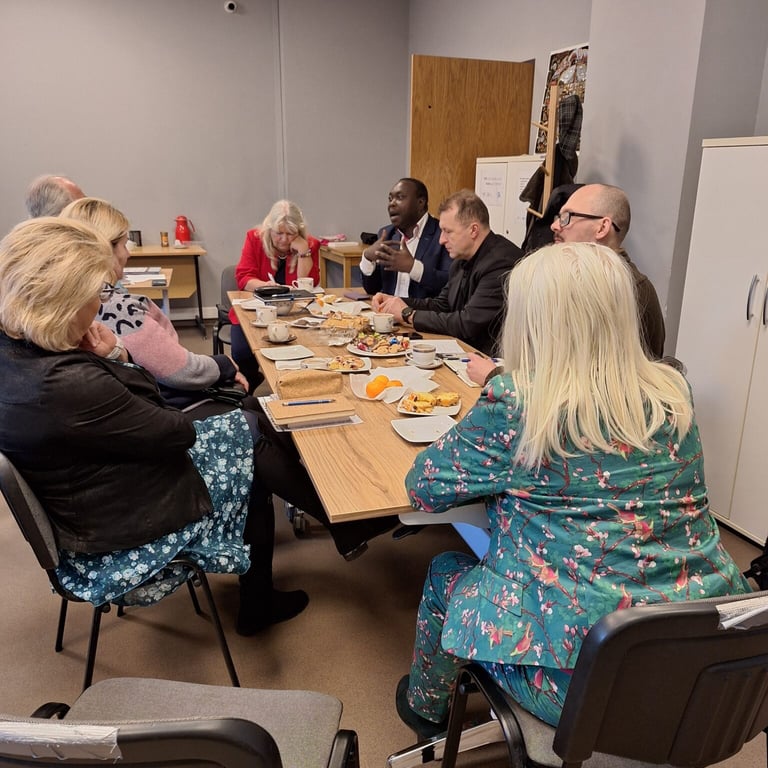
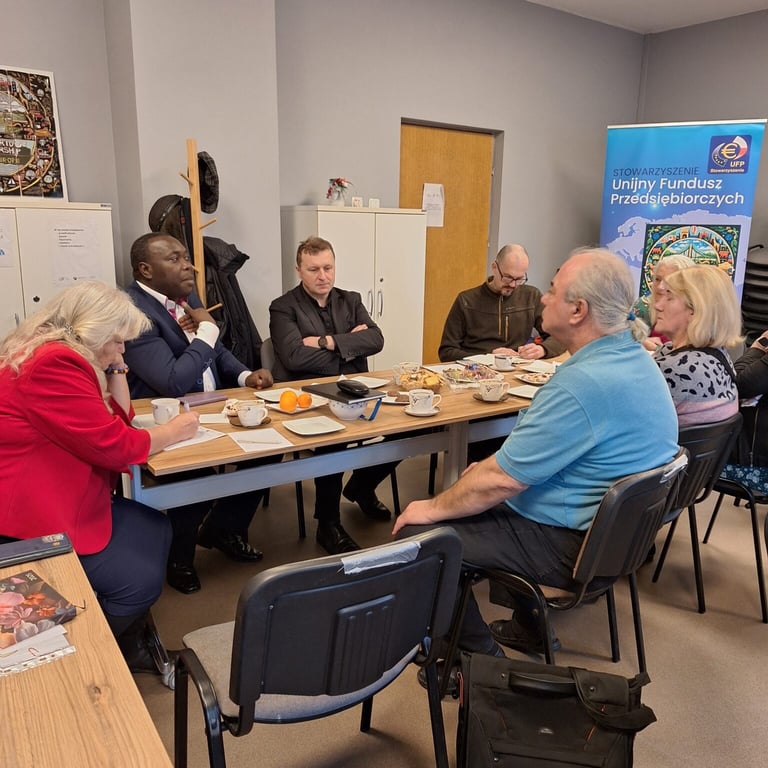
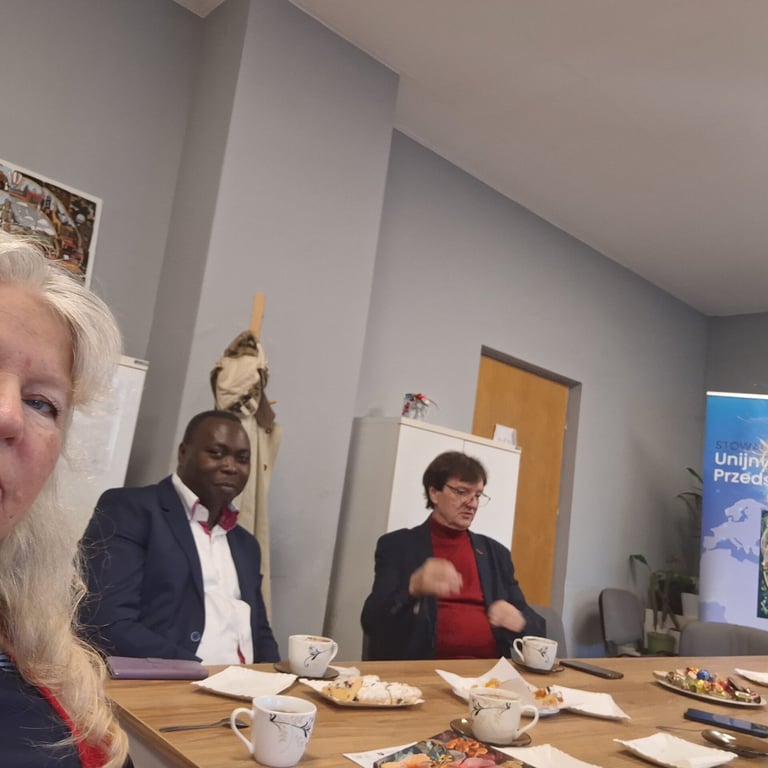
However, the presentation highlighted the limitations of this approach:
Focus on deterrence: These are technocratic solutions aimed primarily at stopping people from crossing into Europe, while ignoring the root causes of migration in countries of origin.
Dehumanization of migrants: Treating them as a problem rather than individuals with unique stories and needs.
Lack of dialogue: Insufficient consultation with migrants themselves.
Unfair treatment: Poor living conditions and legal uncertainty.
Neocolonialism: A major barrier to the development of a resource-rich continent, often overlooked by other nations, perpetuating inequality.
GBPEA: An Alternative Based on Education and Entrepreneurship
The Green Bridge Partnership Europe–Africa (GBPEA) program proposes a radically different approach.
It aims to support education and entrepreneurship as key tools to empower young people to stay and thrive in their home countries.
Main goals of the program:
Create an interactive educational and business platform for youth in African countries
Provide high-quality education tailored to local needs and realities
Promote entrepreneurship through the co-creation of innovative economic projects
Support youth empowerment by equipping them with tools to build a stable future
GBPEA activities include:
Building partnerships between schools, businesses, and exchange networks
Developing remote education using innovative technologies, including virtual reality
Offering dual-degree programs and paid internships that combine theory with practice
Providing online mentoring by experienced experts
Collaborating with investors to secure funding for promising projects
